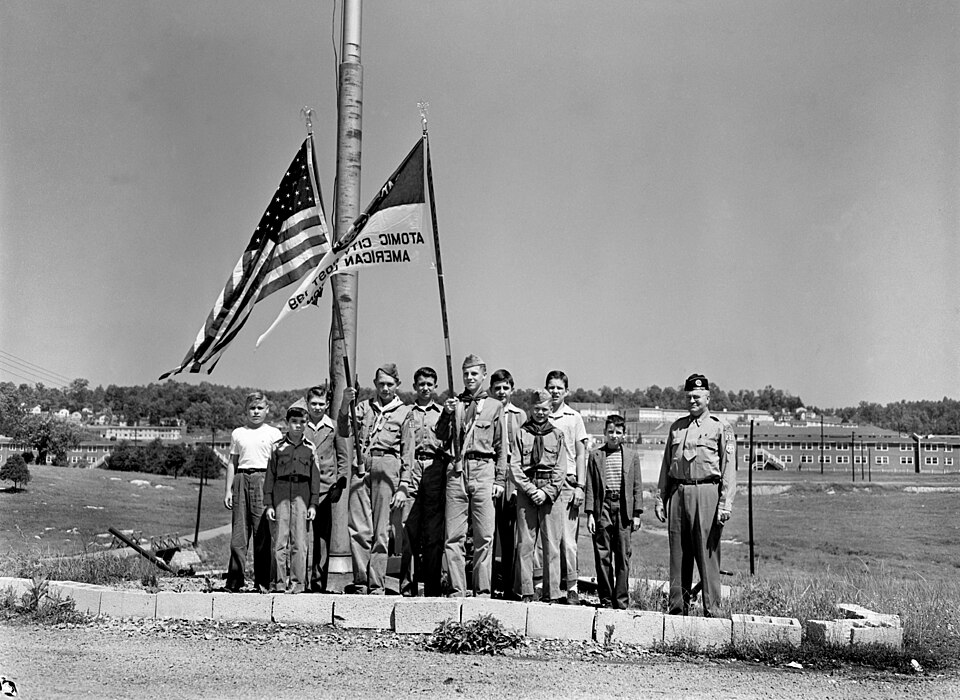One mind blowing idea explains why so many armchair takes on education are dead wrong. Once you understand
it, you’ll see schools entirely differently. Let’s jump in ⬇️
it, you’ll see schools entirely differently. Let’s jump in ⬇️

This is an ancient Sumerian clay tablet showing cuneiform writing, some of the very earliest writing in the world. It’s around 5000 years old. 

However, that’s just a blip in human history. Estimates vary, but anatomically modern humans have been around for about 300,000 years. 

Even then, there is anatomical, genetic and behavioural evidence that hint at premodern human species using spoken language prior to this. Why does this matter? 
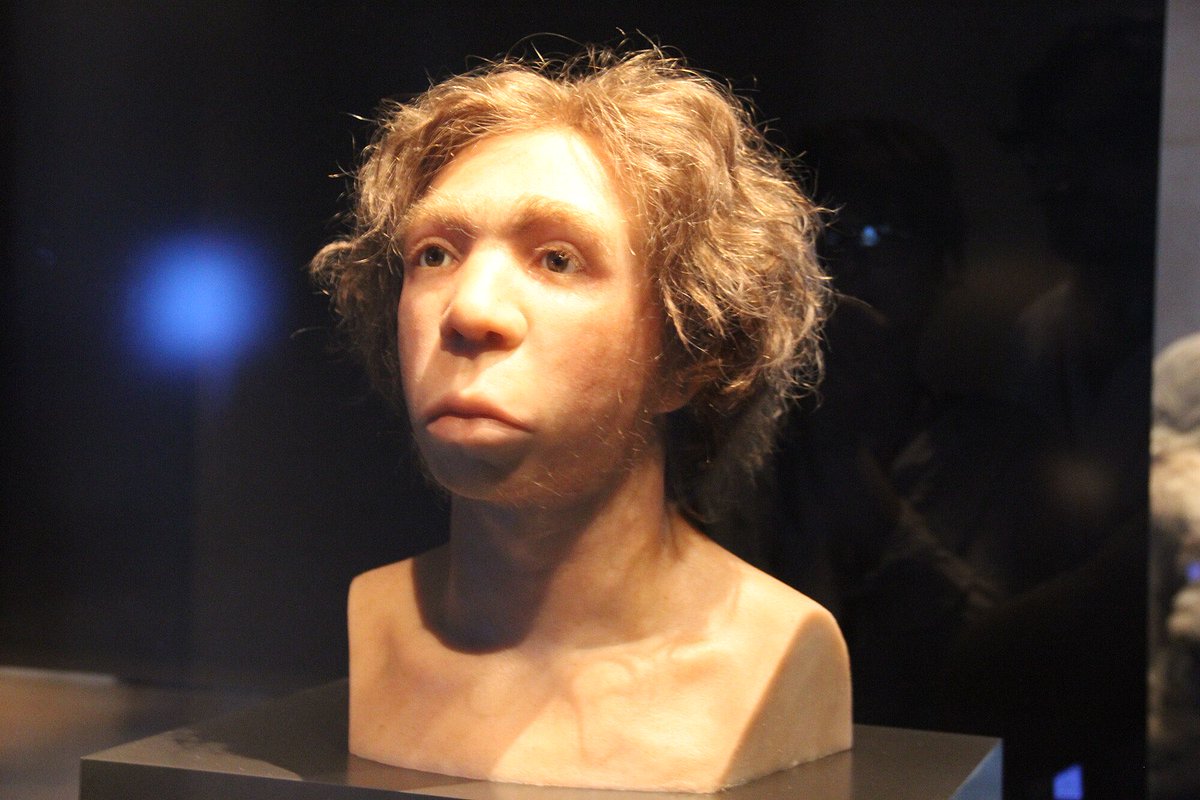
Spoken language has developed over evolutionarily significant time scales. Natural selection will have shaped our ability to pick up language. This is why we don’t need to herd infants into classrooms and teach them where to place their tongues to make an ‘S’ sound. 
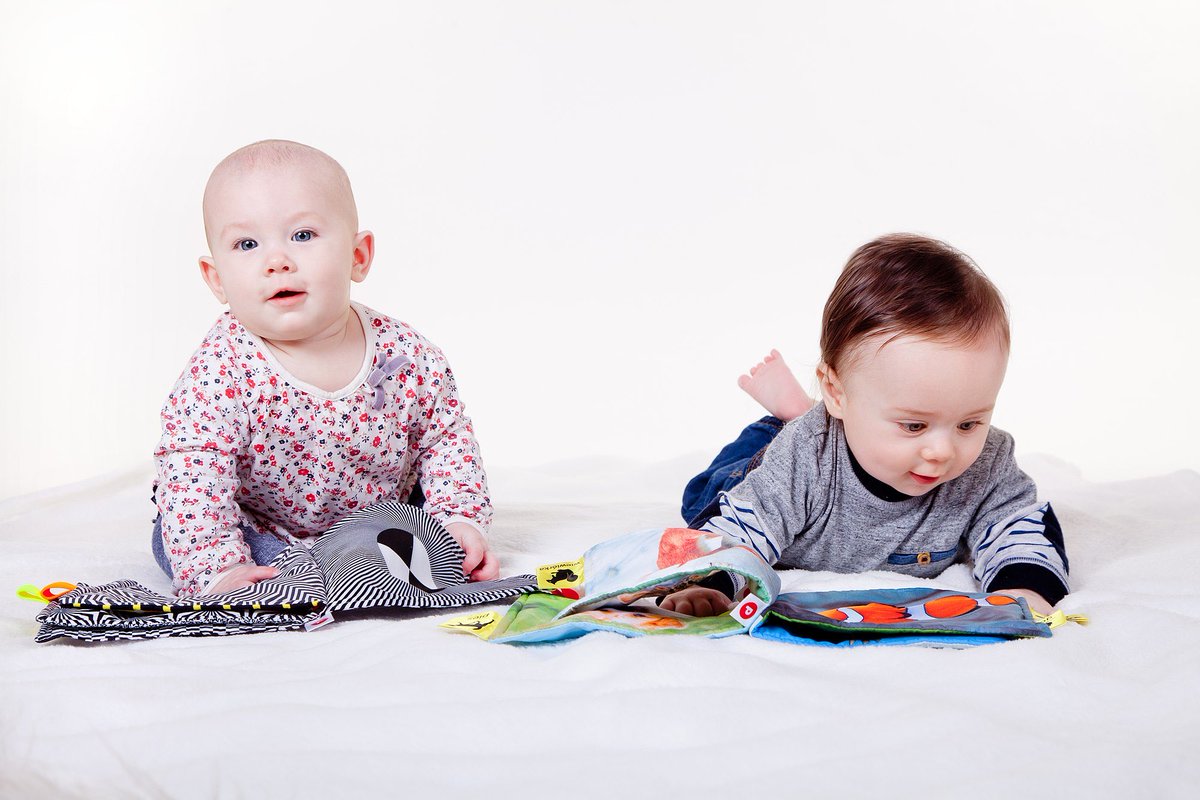
The fact that infants pick up language through immersion has led to a fundamental error: Perhaps children can pick up reading, writing and all the other school subjects by immersion too? Why is school so artificial when learning is to natural? 
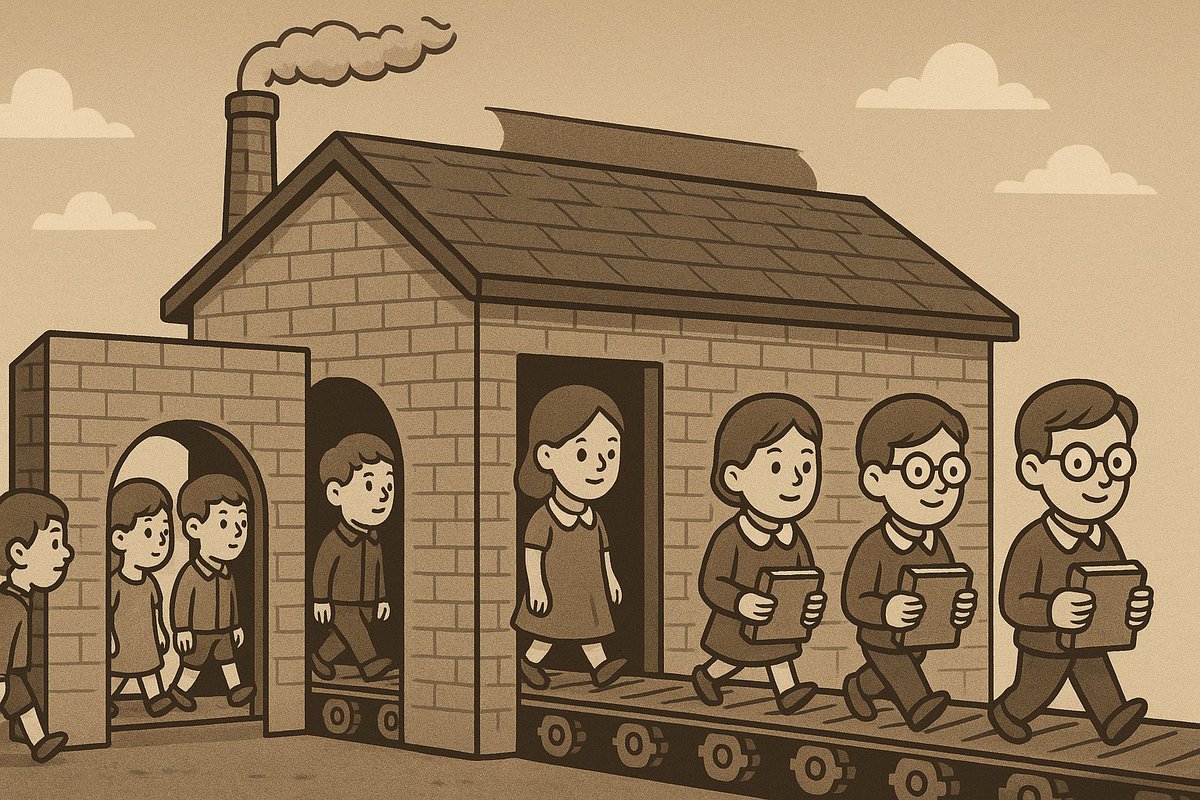
But reading and writing is a very recent invention. Even if literacy made people more attractive partners or helped them survive better, there simply has not been the time to evolve the ability to pick it up through immersion. 

This is where David C Geary comes in. He proposed two classes of knowledge. Biologically primary knowledge is knowledge we have evolved to learn, like spoken language, navigating out local area or ‘folk’ psychology. 
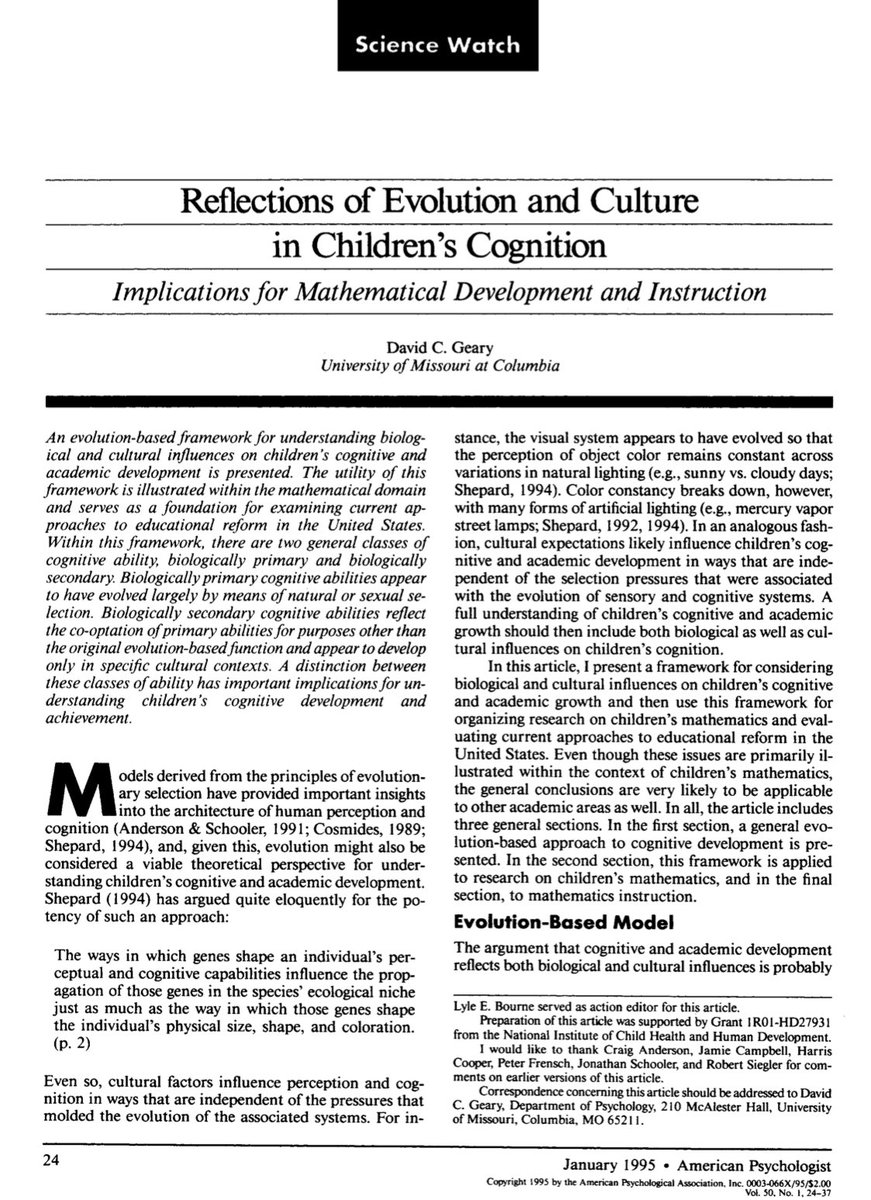
Biologically secondary knowledge comes from more recent cultural inventions and includes reading and symbolic mathematics. It is not distinct from biologically primary knowledge but sits on top of it, like reading and writing sit on top of spoken language. 
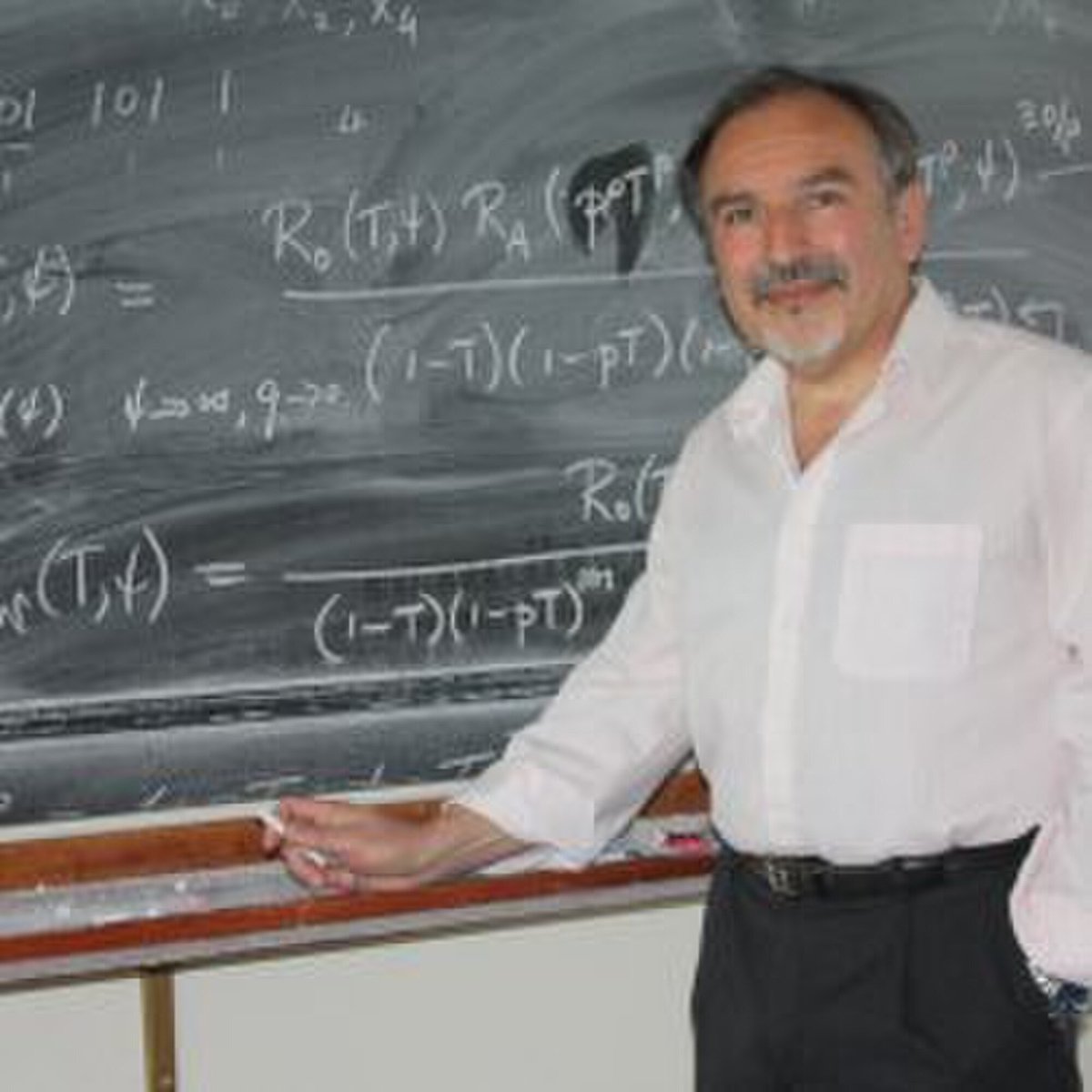
It is as if we invented the technology of schools to pass on this biologically secondary knowledge at scale. Unfortunately, unlike primary knowledge, Geary suggests we have no innate motivation to learn secondary knowledge. 
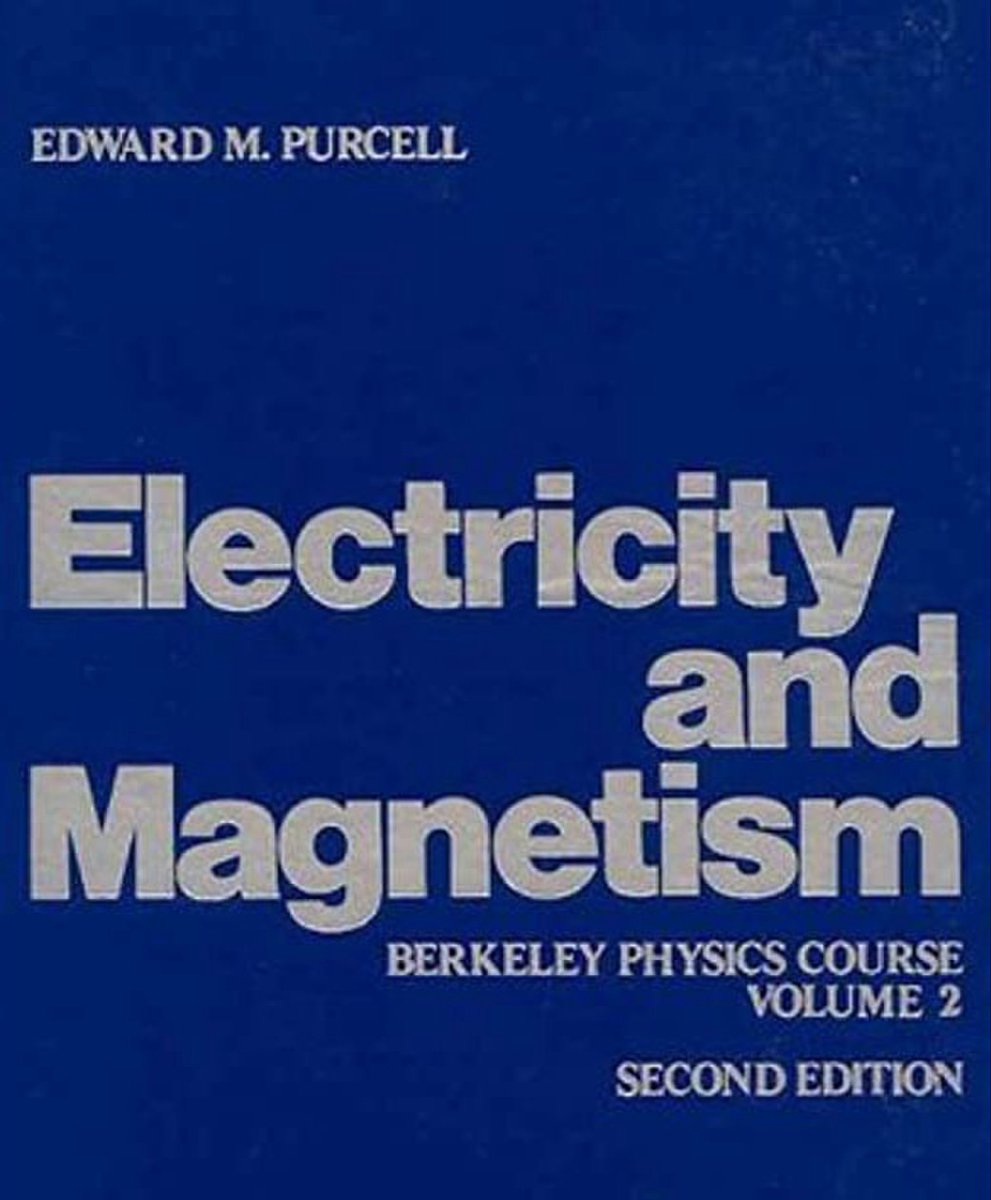
This seems like bad news. School is necessarily artificial. We can’t expect students to just pick up ideas; we have to laboriously teach while they laboriously learn. And they lack the motivation, at least initially. 
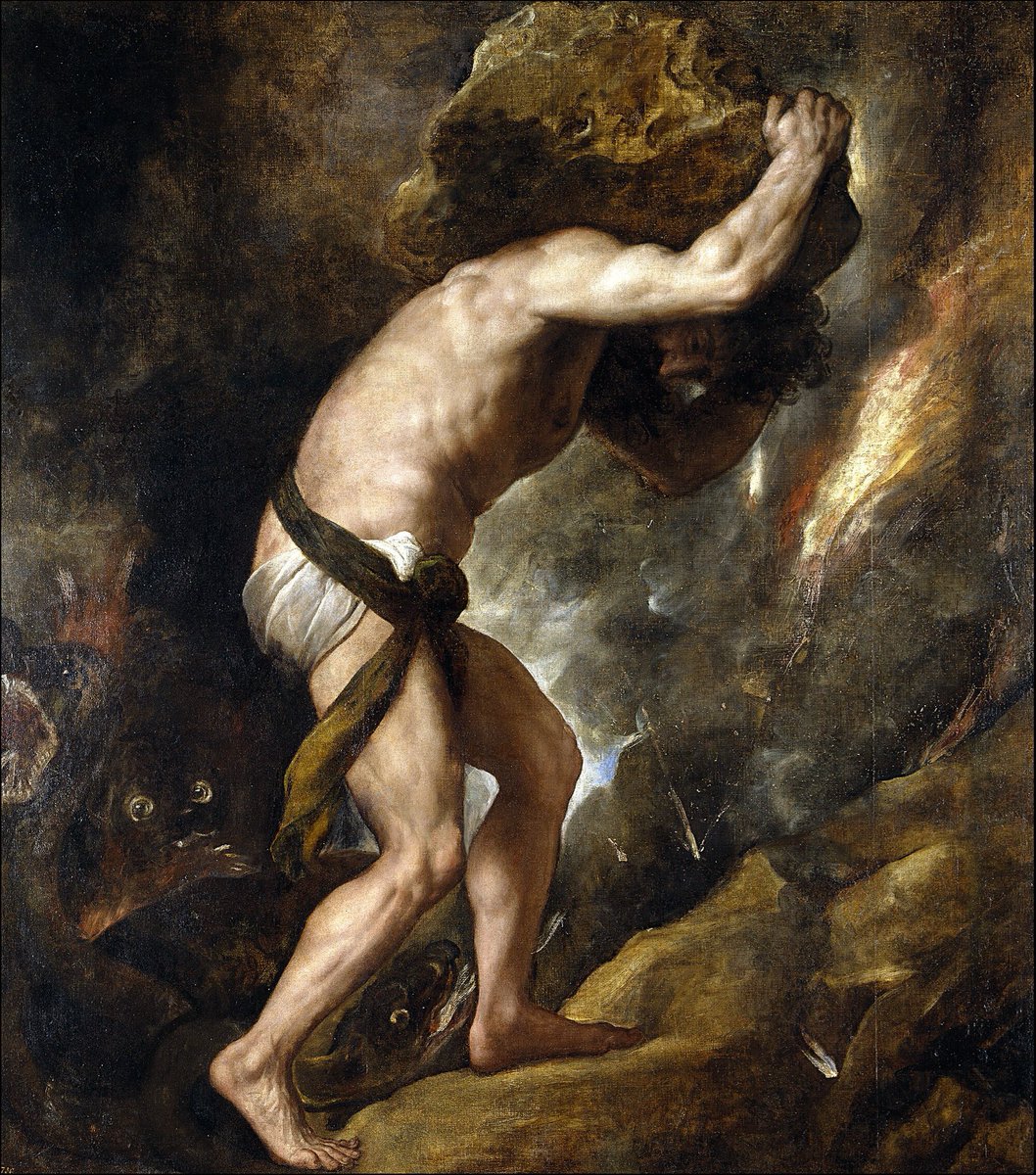
However, the good news is that passing on biologically secondary knowledge is a human superpower. No other species can do this like we can. And mastering this knowledge is associated with motivation. So we can get there. It’s just that simplistic solutions don’t apply. 

• • •
Missing some Tweet in this thread? You can try to
force a refresh





